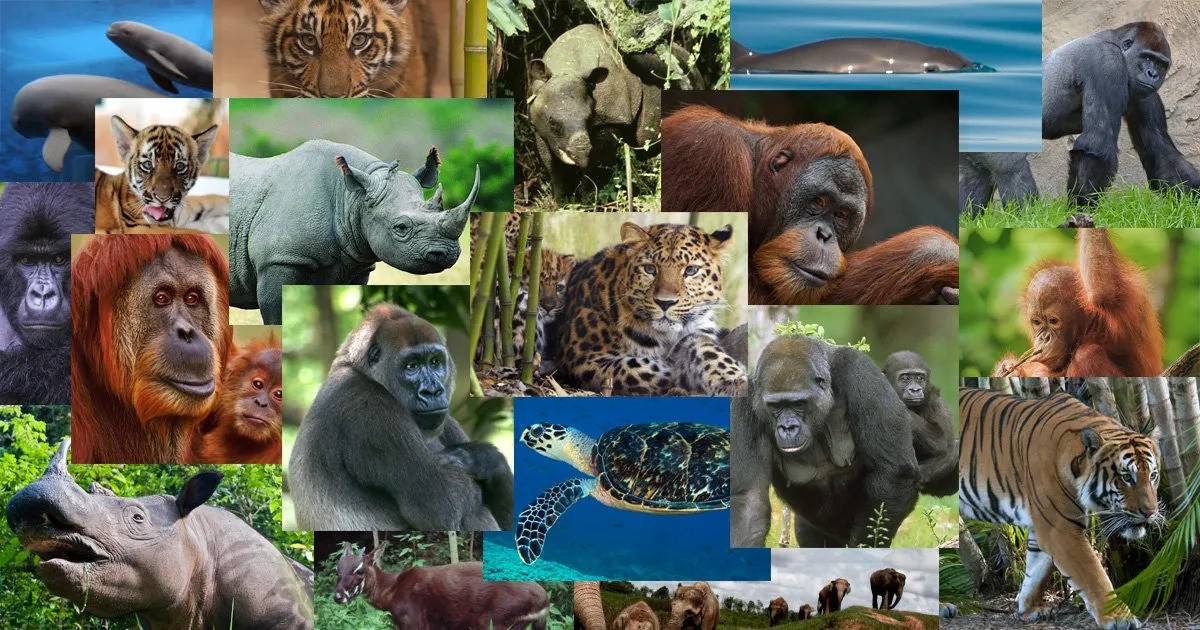Animal agriculture has been a cornerstone of human civilization for millennia, providing us with essential nutrients, clothing, and other resources. However, as our understanding of animal welfare and environmental sustainability deepens, questions arise about the ethics of our relationship with animals and the practices involved in their farming. Balancing the needs of society, the economy, and ethical considerations presents a complex challenge that requires careful examination and thoughtful decision-making Katze.
The Importance of Animal Agriculture
Animal agriculture plays a vital role in meeting the nutritional needs of billions of people around the world. Livestock provide a significant source of protein, vitamins, and minerals essential for human health. Additionally, animals contribute to the economies of many nations, providing employment opportunities and supporting livelihoods in rural communities.
Furthermore, animal by-products, such as leather and wool, are utilized in various industries, contributing to the manufacturing of clothing, footwear, and other goods. The relationship between humans and animals in agriculture is deeply ingrained in our cultural and historical heritage.
Ethical Considerations
Despite its importance, animal agriculture is not without ethical concerns. One of the most significant ethical dilemmas revolves around the treatment of animals raised for food production. Intensive farming practices, such as factory farming, often involve confining animals in crowded and unnatural conditions, leading to stress, suffering, and compromised welfare.
Furthermore, the practice of slaughtering animals for food raises ethical questions about the moral status of animals and the justifiability of taking their lives for human consumption. Advocates for animal rights argue that animals deserve moral consideration and should not be treated merely as commodities.
Environmental Impact
In addition to ethical considerations, animal agriculture also has a significant environmental impact. The expansion of livestock farming has led to deforestation, habitat destruction, and biodiversity loss, as vast areas of land are cleared for pasture and feed crop cultivation. Moreover, livestock production is a major contributor to greenhouse gas emissions, particularly methane and nitrous oxide, which contribute to climate change.
Water usage and pollution are also significant concerns associated with animal agriculture, as large quantities of water are required for livestock farming, and waste runoff from farms can contaminate water sources and degrade ecosystems.
Finding a Balance
Addressing the ethical and environmental challenges of animal agriculture requires a multifaceted approach that balances the needs of society, the economy, and ethical considerations. Several strategies can help mitigate the negative impacts of animal farming while ensuring the continued availability of animal-derived products:
- Improving Animal Welfare: Implementing better farming practices that prioritize animal welfare can help reduce suffering and improve the quality of life for farm animals. This includes providing access to outdoor space, natural behaviors, and appropriate veterinary care.
- Transitioning to Sustainable Practices: Encouraging the adoption of sustainable farming practices, such as rotational grazing, agroforestry, and organic farming, can help minimize the environmental footprint of animal agriculture. These practices promote biodiversity, soil health, and carbon sequestration, contributing to environmental conservation efforts.
- Promoting Plant-Based Alternatives: Supporting the development and adoption of plant-based alternatives to animal-derived products can help reduce the demand for animal farming. Plant-based proteins, dairy alternatives, and meat substitutes offer nutritious and sustainable alternatives that are increasingly popular among consumers.
- Investing in Research and Innovation: Investing in research and innovation can drive technological advancements in animal agriculture, leading to more efficient and sustainable production systems. This includes developments in animal feed formulations, genetic breeding techniques, and waste management technologies.
- Educating Consumers: Increasing public awareness and education about the ethical and environmental implications of animal agriculture can empower consumers to make informed choices about their food consumption. Encouraging conscious consumer behavior, such as reducing meat consumption or choosing products from ethically and sustainably managed farms, can drive positive change in the industry.
Conclusion
Animal agriculture is a complex and multifaceted industry that plays a crucial role in providing food, livelihoods, and resources to millions of people worldwide. However, ethical and environmental concerns associated with livestock farming necessitate careful consideration and action to ensure a sustainable and ethical future.
